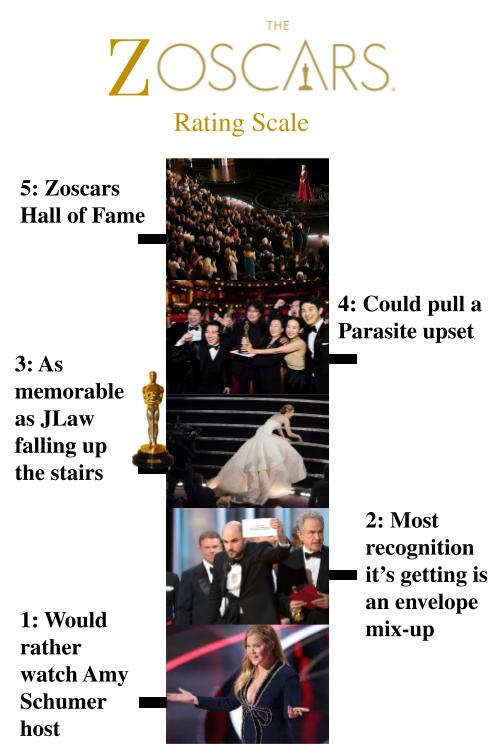“A Separation” is impossible to classify as a movie about marriage, legal systems, love, or pride. The plot’s intricate web of conflict and deception creates a robust storyline that touches on numerous social and psychological ideas and influences.
The movie highlights the relationships between and within two families in modern-day Iran. Simin wants to move abroad with her husband, Nader, and her adolescent daughter, Termeh. Nader wishes to stay; his father has Alzheimer’s and needs constant attention. Simin wants to get a divorce from Nader in order to move, but Nader refuses. The second family consists of a pregnant woman, Razieh, her daughter, and her indebted, unemployed, and depressed husband. Razieh works as a nanny for Nader’s father for a few days; the events leading up to this and following this are a roller-coaster ride of interrelated and emotionally straining situations. Unfortunately, if I go into the conflicts that create the plot, this review would be four pages long. For a complete plot summary, read its Wikipedia page.
The conflict between these individuals is riddled with manipulation and deceit, and blurs lines of values, honor, and compromise. The plot twists and turns at every mark and is truly and deeply dramatic. “A Separation” has a solid screenplay from which the eyes can never move away. There are no plot-points left underdeveloped or untied; no faults can be found in this unbelievably riveting labyrinth of events.
While films with too many conflicts or sources of influence can be unconvincing or shallow, “A Separation” used very real situations and circumstances in a powerful and moving way. Every character could be to blame for the initial conflict and its continuation. I came out of the movie trying to find someone, or something, to blame for the problems that took place between the families. However, no one is to blame; everyone’s hands were tied because of their own circumstances.
The intense detail with which it shows how behavior is bounded by some external or internal force is dramatic perfection. Looking at the situation from any characters’ point of view reveals the frailty of human nature and the humanity of individuals’ actions, even when their actions are seemingly evil or unjust. Ultimately, the black-and-white nature of the legal system fails to recognize the intricacies human conflict. This micro-level conflict analysis served to make the movie much more real and raw and, therefore, dramatic than a social commentary. I liked that it didn’t focus on one issue and question the hell out of it. To create a movie that brings into play numerous forces cohesively and beautifully deserves major credit.
Movies set in the Middle East, especially Iran, can be overwhelmingly political (rightfully so). “A Separation” steers clear of common subjects of films set in Iran like censorship or women’s rights. However, the subtlety with which it references these phenomena reflects the complexities of these societies and situations in a nuanced and powerful way. It makes those very issues more universally recognizable.
The movie was written, produced, and directed by Asghar Farhadi. The camerawork, costume, and setting were appropriately plain. Unique camera angles added to an otherwise uninspiring performance by Sarina Farhadi, who plays Termeh. No unnecessary extra effects were added.
“A Separation” is the best-reviewed film of 2011, with a 99% rating on Rotten Tomatoes and a metascore of 95 on Metacritic. It has won approximately two dozen awards at various international film festivals and is up for two Academy Awards: best foreign-language film and best original screenplay.
It’s playing at the Edina Cinema. Go see it asap. It’s better than The Artist.











